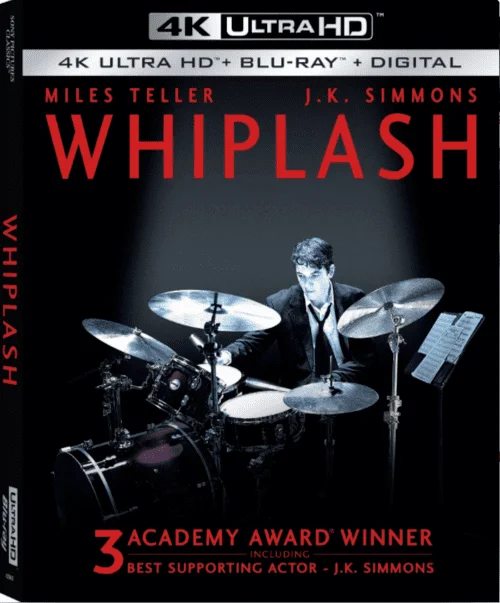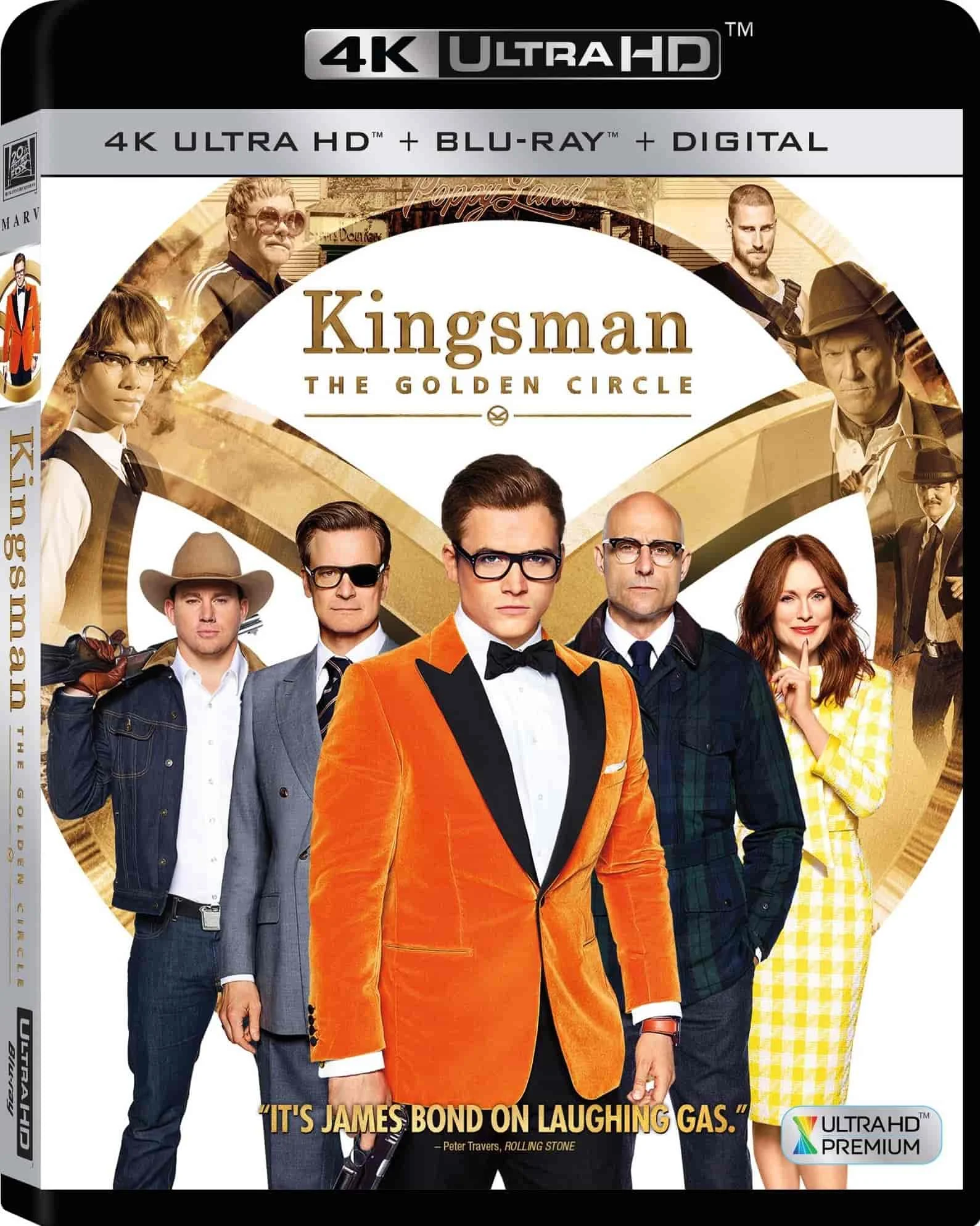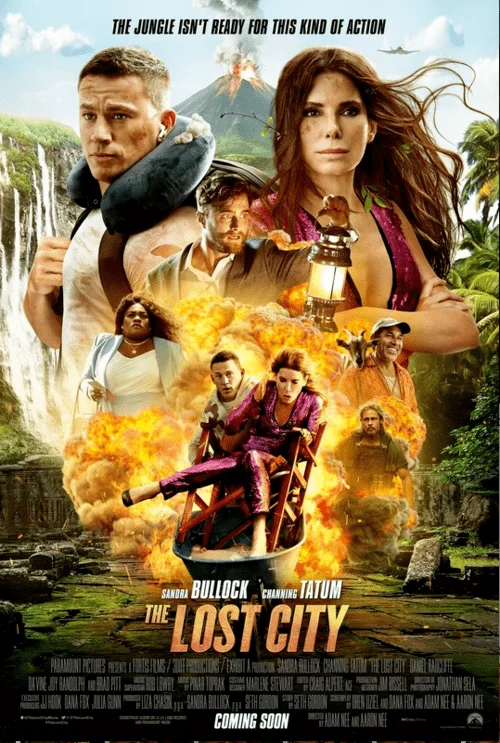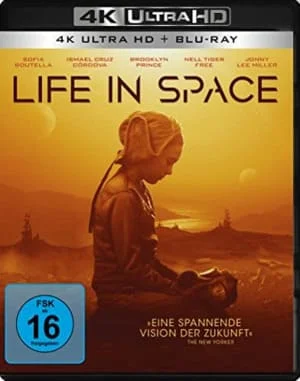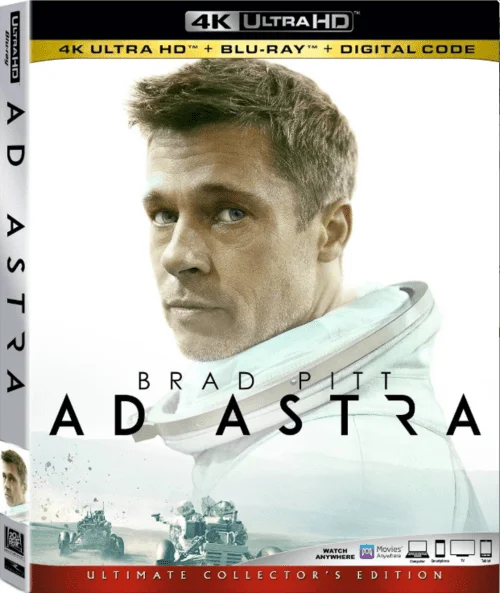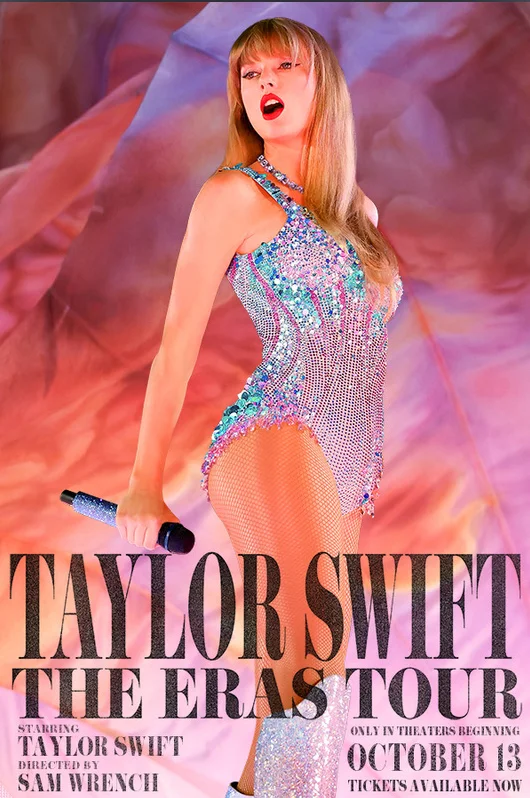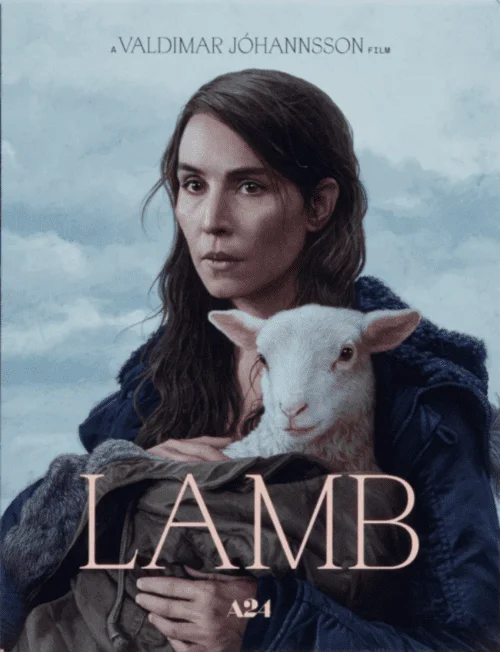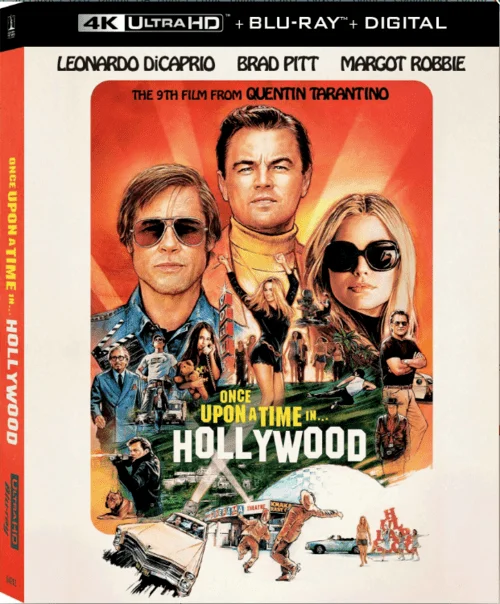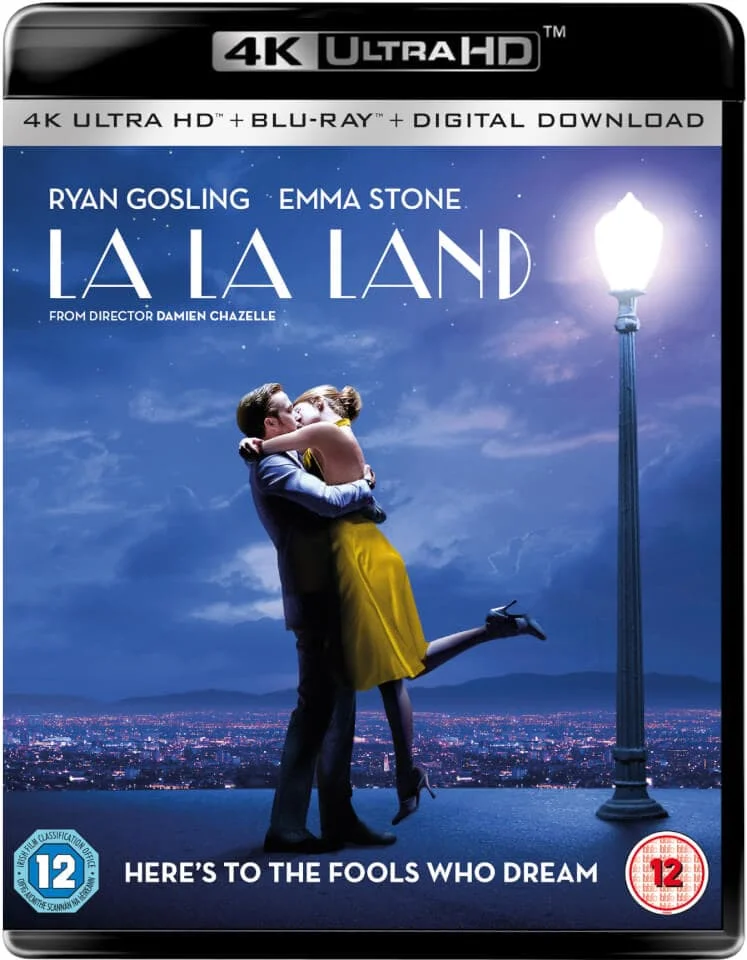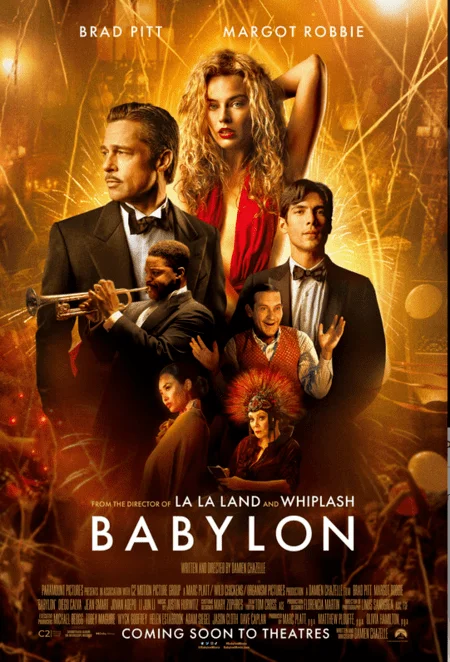
Babylon 4K 2022 Ultra HD 2160p
Cast: Brad Pitt, Margot Robbie, Jean Smart, Olivia Wilde, J.C. Currais, Diego Calva, Jimmy Ortega, Marcos A. Ferraez, Shane Powers, Phoebe Tonkin, Troy Metcalf, Jovan Adepo, Hansford Prince, Telvin Griffin, Cutty Cuthbert, Albert Hammond Jr., Flea, Bregje Heinen.

The new film by the Oscar-winning director of "Obsession" and "La La Land" Damien Chazelle. This time he revisits the golden era of Hollywood - now not only stylistically, but also in plot. The story centers on two actors (played by Margot Robbie and Brad Pitt) who find themselves at the crossroads of the silent and "talking" film eras and are forced to survive in the new industrial conditions.
Babylon 4K Review
Five years after the rather ambiguous Man on the Moon, which in addition to modest box office receipts brought Chazelle strange accusations of politicization, in the world box office was released even more ambiguous Babylon - a chaotic historical impression of an important cinematic era, which is commonly referred to as the Golden Age of Hollywood. Critics, of course, revolted - after all, film history is the most sacred thing to them. Audiences, on the other hand, were more enthusiastic about Chazelle's new film, regarding it as an overly long, but nevertheless enjoyable ride of hedonism in which heartbreaking excess coexists with downright vulgar satire and a sincere love of art lives on the edge of madness.
"Babylon" opens with a masterfully filmed scene of a large-scale freak party taking place somewhere in the backwaters of Los Angeles. That's where the film's three main characters first cross paths: future successful producer Manny Torres (Diego Calva), silent film star Nellie Laroy (Margot Robbie), and popular Hollywood actor Jack Conrad (Brad Pitt). In addition to their passion for film, all of the characters share a tireless ambition and an almost manic thirst for recognition. Each will be used, recycled and mercilessly spit out by the dream factory, loved and rejected by the world they lived for. Each will get his moment of glory and his personal sad end, but not once will any of them regret the choice they made.
In "Babylon" Chazelle again turns to references, but does it much less subtly than it was in "La La Land," in some places openly quoting, and sometimes even openly copying the script of the iconic directors of the past and present. "Babylon" breathes Federico Fellini's "Sweet Life," Brad Pitt hilariously portraying a bored Marcello Mastroianni. "Babylon" is saturated with the Coen brothers' absurd dialogues and the black humor of Tarantino comedies, turns Margot Robbie into Harley Quinn, tries to resemble Alejandro Iñárritu's "Birdman," but increasingly just slips into fantasy farce, where thoughts of high are interspersed with shots of semen, urine and elephant feces.
The omens to Gene Kelly no longer need veils, "Singin' in the Rain" is now a full-fledged part of the film, working for it both plot-wise and contextually. But the conflict between silent and sound cinema, which was an important climax to Kelly's musical, is rather absent from Chazelle's own. There is no conflict at all in Babel, just a solid hagiography, a construct of a long dead milestone of cinema, born from the mind of an acknowledged Hollywood wunderkind who clearly has no intention of going for half measures and somehow negotiating with mass audiences.
As a true cinephile, Chazelle made the film primarily for himself, but probably got too carried away in the process. The visual beauty of "Babylon" is not only addictive but also substantially exhausting, the frantic rhythm does not give a chance to discern social accents, and the constant buffoonery devalues the depth of the inner tragedy of the protagonists. Nevertheless, by the finale all questions and indignations consistently recede into the background: after all, "Babylon" is not at all a classic story of a small man's tragedy in the big and volatile world of show business, as was stated in the official synopsis. "Babylon" is a film that exalts art over life, making it the only and perhaps the most worthy goal of human existence.
File size: 49.3 GB
Trailer Babylon 4K 2022 Ultra HD 2160p
Latest added movies
Comments on the movie
Add a comment
 like
like do not like
do not like